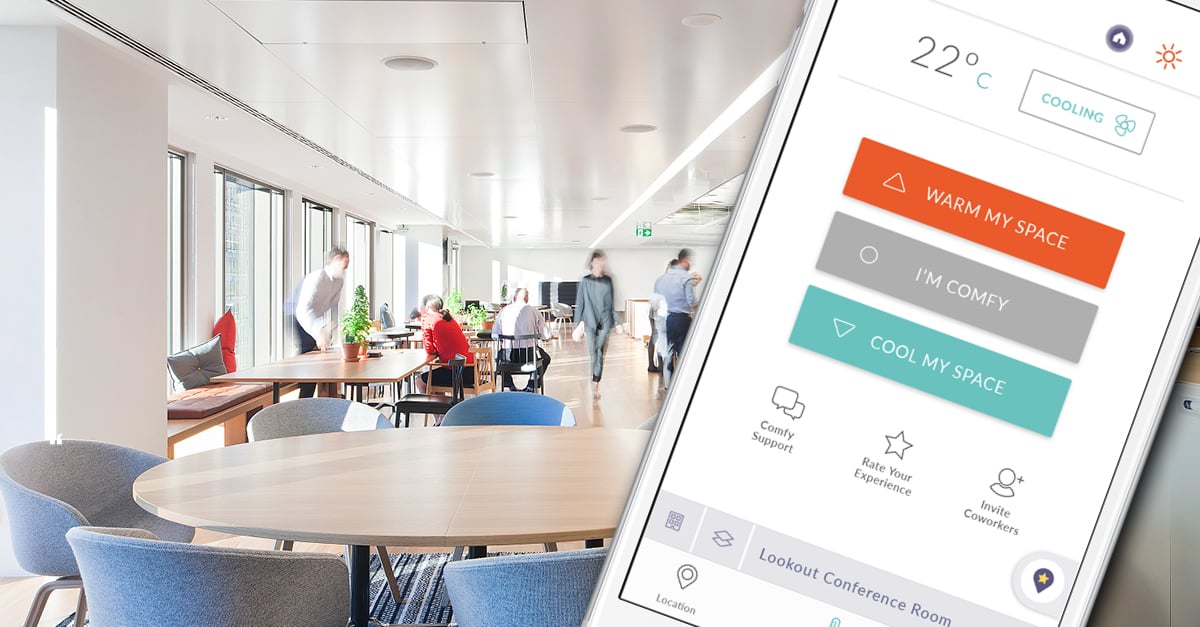How proptech is improving the customer experience
By proceeding you confirm that you are a resident of Australia or New Zealand accessing this website from within Australia or New Zealand and you represent, warrant and agree that:
- you are not in the United States or a “U.S. person”, as defined in Regulation S under the U.S. Securities Act of 1933, as amended (“U.S. Person”), nor are you acting for the account or benefit of a U.S. Person;
- you will not make a copy of the documents on this website available to, or distribute a copy of such documents to, or for the account or benefit of, any U.S. Person or any person in any other place in which, or to any other person to whom, it would be unlawful to do so; and
- the state, territory or province and postcode provided by you below for your primary residence in Australia or New Zealand are true and accurate.
Unfortunately, legal restrictions prevent us from allowing you access to this website. If you have any questions, please contact us by e-mail by clicking on the link below.
In the same way that companies such as Amazon, Uber and Airbnb have transformed the customer experience in the consumer sector, innovative proptechs are slashing friction from the real estate industry.
Aidan Coleman, Charter Hall’s Chief Technology Officer, says while the traditionally conservative property sector may have fallen behind the tech developments seen in other parts of the global economy, this is now changing fast:
“I have been in the commercial real estate industry for over seven years now, and what I've seen in the last year or two is an explosion of new technology emerging in this space. That is one of the reasons why we felt we needed to get a handle on what was happening through our recent Proptech Accelerator program.’’
Coleman says proptech can be broadly divided into three categories:
“Firstly there is the shared economy, which in a real estate context is companies like Airbnb or WeWork. Secondly you have real estate fintech, which underpins not only investing but leasing, marketing of assets and space, and the operations of a building. And thirdly you have the smart building space, which is all about helping to create better retail spaces, better working spaces and even industrial and logistics spaces.’’
Airbnb for business
For many businesses, managing real estate – such as an office – is nothing more than a pain point that distracts them from their primary mission.
Until recently they had little choice, but that has all changed thanks to co-working space providers like WeWork, which was only founded in 2010, yet in 2018 is poised to become the largest corporate tenant in Manhattan.
Services like those of WeWork and others such as Australian start-ups Rubberdesk and uTenant remove the friction from real estate by providing managed working spaces, communities and services for businesses, freeing tenants up to focus on what they do best.
Coleman says the way they have transformed the commercial real estate industry has forced incumbent players to adapt.
“You could potentially see a market where Charter Hall could partner with one of the larger technology marketplace platforms to add something new and different to their offering,’’ says Coleman. “That is probably where the industry is headed.’’
Another prime example of the shared economy in real estate is Flexi-spaces – a Charter Hall online marketplace which allows tenants to easily sub-let their excess space on short-term leases across retail, commercial and industrial.
“It is just another way for us to use technology to add something extra and improve the customer experience for our tenants,’’ says Coleman.
-how-proptech-is-improving-the-customer-experience-(2).jpg?sfvrsn=783f1017_3)
The smart money in real estate
Buying, selling, financing and leasing property is far quicker and easier than it was just a decade ago, and in many markets such transactions can now be done entirely on a mobile phone.
Properties for sale or lease can now be assessed without site visits thanks to Australian proptechs such as Snaploader, which produces digital tours of buildings, and Dashflow, which uses artificial intelligence to generate fast, easy commercial property appraisals.
Australian property crowdfunding platforms such as Domacom have made it easy for small investors to invest in existing properties, while Estate Baron provides a similar service for off-the-plan developments.
But as much as fintech has already changed the industry, Coleman says this process still has a long way to run, and blockchain in particular has the potential to ease many real estate-related processes which are still very cumbersome today:
“I think blockchain is a big area where we are going to see a lot of focus on how funds management businesses, real estate businesses, can utilise the technology to gain more of a foothold into equity raising. This is certainly an area we at Charter Hall are currently exploring.’’
Building clever
Building management technologies such as smart ventilation, air conditioning and lighting controls once considered revolutionary are becoming the norm, and Charter Hall has been one of the early adopters of Comfy, an app which allows tenants to control their own workspace heating and cooling.
Intelligent, Internet of Things building control systems are also taking the friction out of functions such as energy management and security.
But smarter buildings begin at the planning stage, and Charter Hall is collaborating with Australian start-up InSpace XR to investigate how virtual reality can be used by architects to reduce design flaws, and how augmented reality will enable engineers to “see” wiring in walls and piping under floors.
Coleman says all three categories of proptech are transforming the real estate industry for the better.
“What excites me most of all is the impact they can have across the intersection of customer experience and enablement,’’ he says.
“They are creating a better environment for us to operate in and a better experience for the people who visit our assets, work in office buildings and shop in our retail centres.’’



